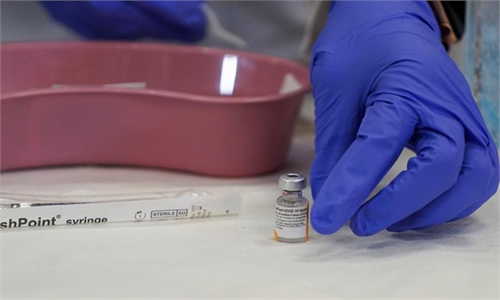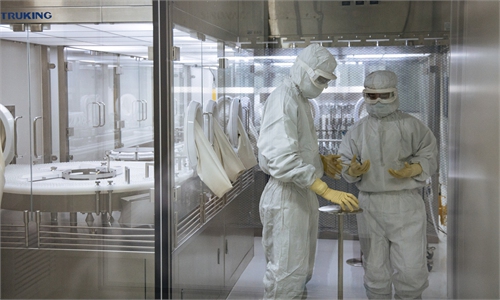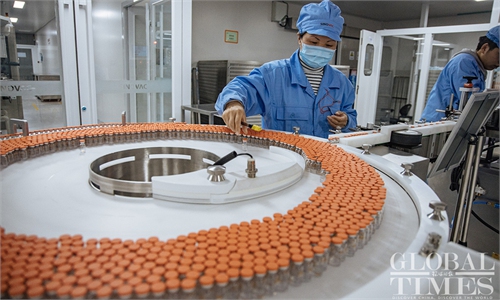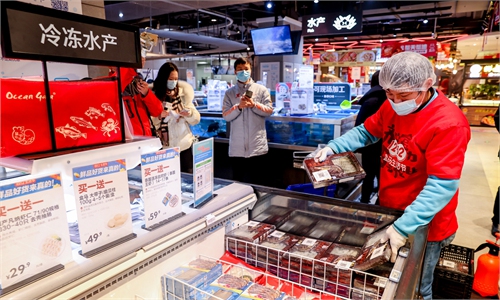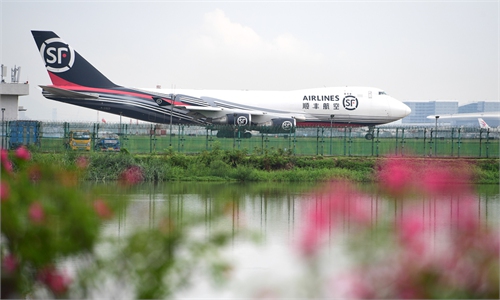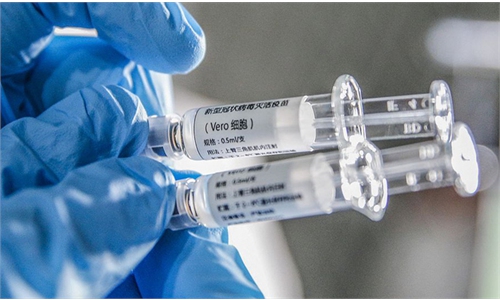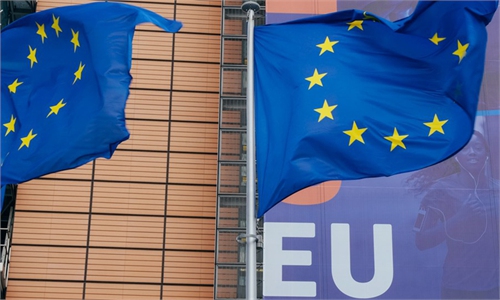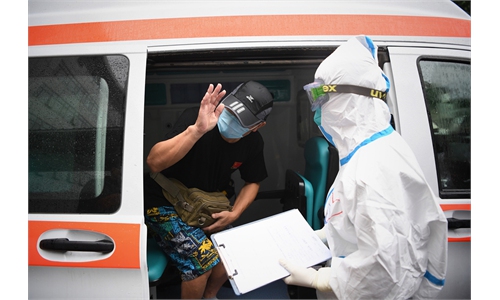
`
PETALING JAYA: Booster jabs for all Covid-19 vaccine recipients will now take place three months after they get their second shot following a decision by the Health Ministry to shorten the waiting period.
`
More vaccination centres and clinics will also be opened to increase capacity.
`
Previously, only Sinovac recipients got their booster shots 90 days after receiving their second dose while those on Pfizer and AstraZeneca had to wait 180 days.
`
Health Minister Khairy Jamaluddin said the Covid-19 booster shots for Pfizer and AstraZeneca recipients could now be shortened to three months.
`
He said recent data showed that the Omicron variant of the Covid-19 virus could cause increased transmission of infections and had higher viral binding affinity and higher antibody escape than vaccine-induced immunity or natural infections.
`
“Strong evidence has accumulated over the past three weeks indicating that a Covid-19 booster vaccine is possible to increase protection against Omicron variant infections,” he told reporters here yesterday.
`
A technical working group, he added, had also evaluated the existing evidence and provided new recommendations on the administration of Covid-19 booster doses.
`
“All seniors aged 60 and above, and all adults who have received both doses of their vaccines (from Pfizer, AstraZeneca and Sinovac) are highly recommended to get their booster vaccine at least three months after receiving the primary vaccine.
`
“Individuals with comorbidities, and residents and staff at healthcare centres will be given priority to receive the booster shots.
`
“We will be using the age de-escalation approach for adults who have received two doses of their jabs, starting from 50 years and above, 40 years and above, and subsequently, 18 years and above.
`
“Adults are expected to receive their booster shots in January and February and we will increase the capacity by opening more vaccination centres and private clinics,” he said.
`
He added that heterologous vaccination – mixing vaccine types – was found to be safe and effective.
`
“We will give priority to Pfizer and AstraZeneca as booster shots. However, we will look at an individual’s safety profile.
`
“Sinovac will only be given to those who are contraindicated against Pfizer or AstraZeneca,” he said.
`
The government, announced Khairy, would also lift the temporary travel restrictions against eight countries – South Africa, Botswana, Eswatini, Lesotho, Mozambique, Namibia, Zimbabwe and Malawi.
`
“We will shift them from total ban to high-risk countries. However, we urge people to avoid any unnecessary travel to high-risk countries as the Omicron situation there is dangerous,” he said.
`
Khairy said the Health Ministry was also considering taking action against the 1.4% of Covid-19 positive cases who violated the quarantine granted to them under the Surveillance and Observation Order between Dec 1 and 28.
`
On another matter, he said the MySejahtera Trace (MySJ Trace) would use Bluetooth technology to allow easier close contact tracing with those who tested positive for Covid-19 in public areas.
`
“It is highly recommended the public use this feature for their own safety.
`
“To ensure the effectiveness of the feature, users are required to activate the Bluetooth on their devices when they are outside.
`
“When a person is confirmed to be positive for Covid-19, a notification will appear through MySejahtera to request approval for the sharing of any close contact information that was detected.
`
“Upon approval, MySejahtera will provide access to the Health Ministry to conduct a risk assessment on all the close contact data traced via Bluetooth before carrying out close contact tracing activities on identified individuals.
`
“However, this will not take place if no approval is given by the individual and any close contact tracing will be done manually,” he said.


` `Source link
Pfizer, AZ booster shots can be given at least three months after second dose, says Khairy
PETALING JAYA: Pfizer and AstraZeneca vaccine booster shots can be given at least three months after the second dose, says Khairy Jamaluddin (pic).
`
The Health Minister made the announcement on the shorter interval for Covid-19 booster shots during a press conference on Tuesday (Dec 28).
`
The move to shorten the interval is similar to measures taken by other countries such as Germany and Australia, which are recommending shorter booster intervals in an attempt to stop the spread of new variants.
`
Khairy added that following the discovery of a confirmed Omicron case in a man in Sarawak who has no history of recent travel abroad, it is very likely that Omicron is now in the community.
`
He said recent data showed that Omicron variants could cause increased transmission of infection, higher viral binding affinity and higher antibody escape than vaccine-induced immunity or natural infections.
`
"Strong evidence accumulated over the past three weeks indicate that a Covid-19 booster vaccine is possible to increase protection against Omicron variant infections.
`
"Results initially involving 21 million booster doses administered in the United Kingdom have shown very convincing security data.
`
"In line with that, regulatory bodies such as in the United Kingdom, Canada and Australia, as well as a panel of health experts are now recommending an interval for booster dose vaccination can be given as early as three months after receiving the primer vaccine," he said at a press conference on Tuesday (Dec 28).
`
Khairy added that the technical working group has also evaluated the existing evidence and provided new recommendations on the administration of Covid-19 booster doses.
`
"All seniors aged 60 and above and all adults who have received both doses of their vaccines (Pfizer, AZ and CoronaVac) are highly recommended to receive their booster vaccine at least three months after receiving the primary vaccine.
`
"Individuals with comorbidities, residents and staff at health care centres will be given priority to receive the booster shots.
`
"We will be using the age de-escalation approach for those who are 18 years old and above and have received two doses of their jabs, starting from 50 years and above, 40 years and above, and subsequently 18 years and above.
`
"Adults will receive their booster shots in January and February next year and we will increase the capacity by opening more PPV and private clinics," he said, adding that Sinovac booster shots would only be given to those who were contraindicated against Pfizer or AZ.
`
Furthermore, Khairy said the government would lift the temporary travel restrictions to eight countries namely South Africa, Botswana, Eswatini, Lesotho, Mozambique, Namibia, Zimbabwe and Malawi.
`
"We will shift them from total ban to high risk countries.
`
"However, we urge people to avoid any unnecessary travel to the high risk countries, as the Omicron situation in these countries are dangerous," he said.
Related posts:








